I beleive that life can throw unexpected things at literally anyone, and watching a friend battle mental health difficulties can feel overwhelming, and many of us want to help but worry about saying or doing the wrong thing.
Through some research and real-world experience, mental health professionals have identified several effective ways to support someone during their mental health journey.
Now, knowing these approaches can make a significant difference in how we show up for our friends when they need us most.
Disclaimer: Make sure to consult a professional before coming to any conclusions.
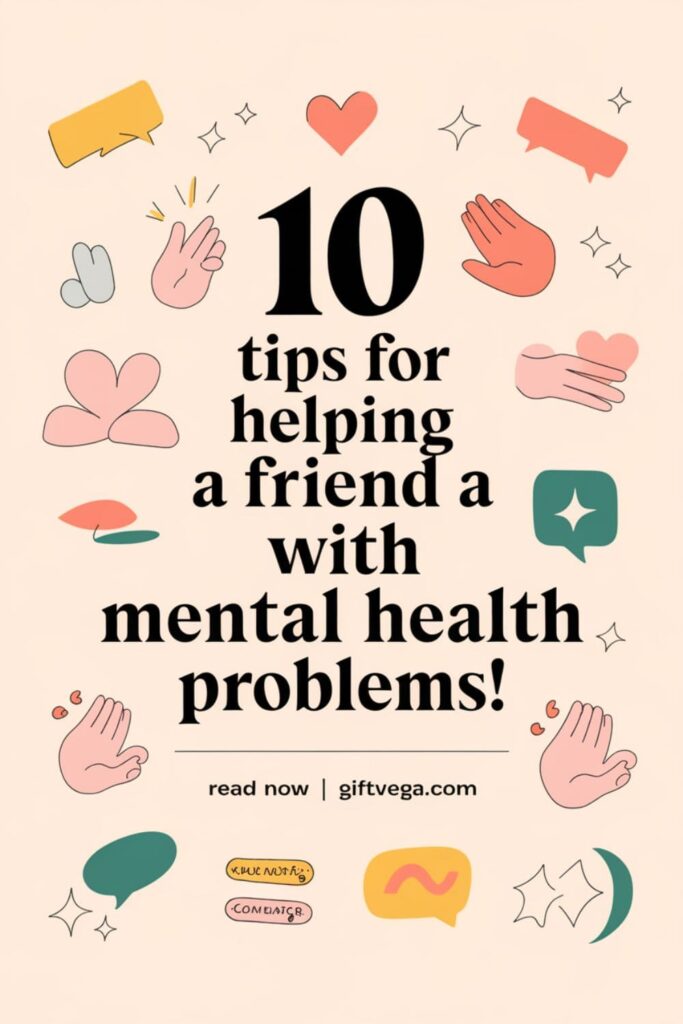
Tips for Helping a Friend Struggling with Their Mental Health
1. Be Authentic in Your Support
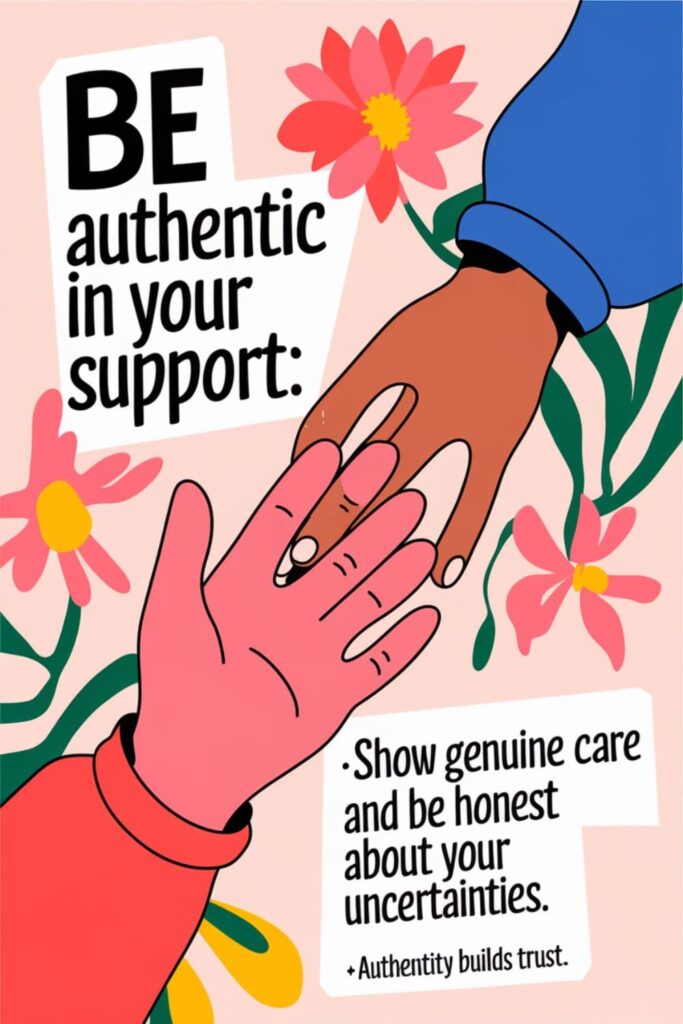
The most valuable support often comes from very genuine caring rather than perfect words or actions, so never be afraid to admit when you’re unsure how to help or when you’ve made a mistake in your approach.
Your authenticity and willingness to learn and grow in your support role can strengthen your friendship and create deeper trust.
2. Use Inclusive Language
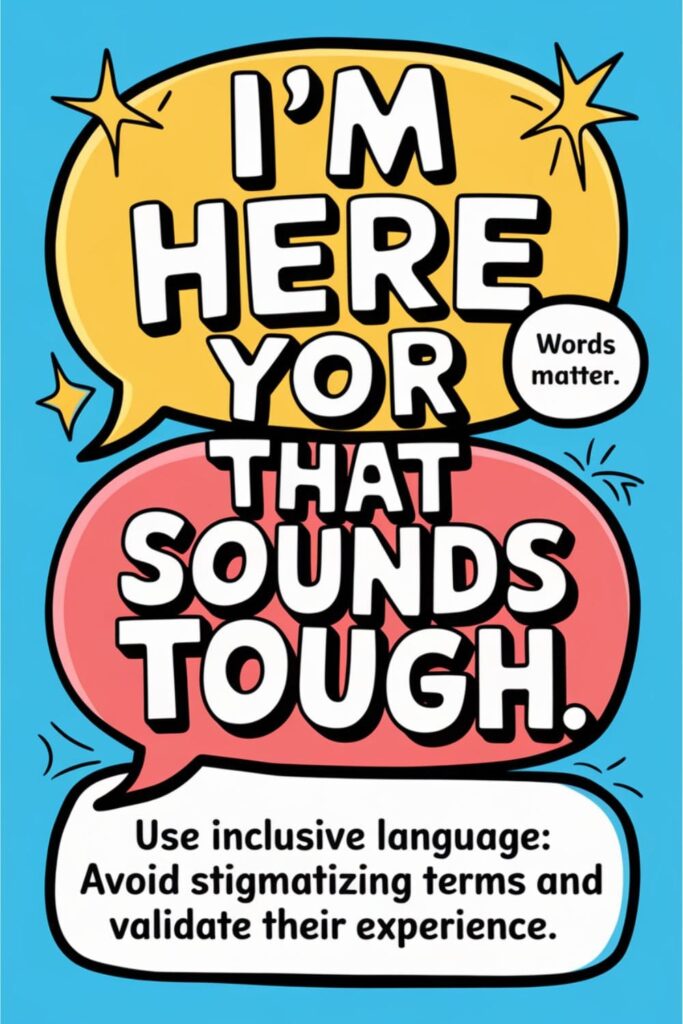
Words matter tremendously when discussing someone’s mental health, so always avoid stigmatizing language or phrases that might minimize their experience.
Instead of saying “You’re just stressed,” try “It sounds like you’re going through a really difficult time”. Learning and using appropriate terminology shows respect and understanding for this kind of experience.
3. Share Hope and Positivity

While it’s very important to validate difficult feelings, finding ways to add some hope and optimism can be powerful, so share stories of others who have overcome similar challenges, and remind them of their strengths and past successes, etc.
Look for opportunities to create positive experiences together, and even if they’re small moments like watching a favorite show or taking a short walk.
4. Create Safe Spaces
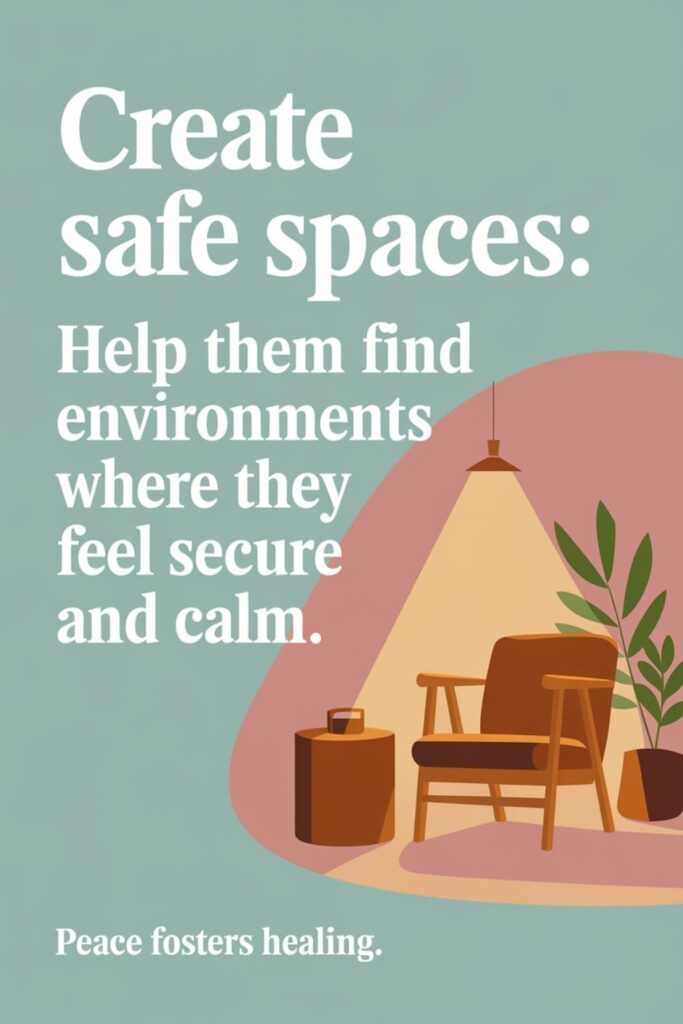
Help your friend identify and create environments where they feel secure and comfortable. This might mean finding quiet spots for conversations, respecting their triggers, or modifying social activities to better suit their needs.
Sometimes just having a peaceful place to decompress can make a significant difference in managing mental health challenges.
5. Listen Without Judgment
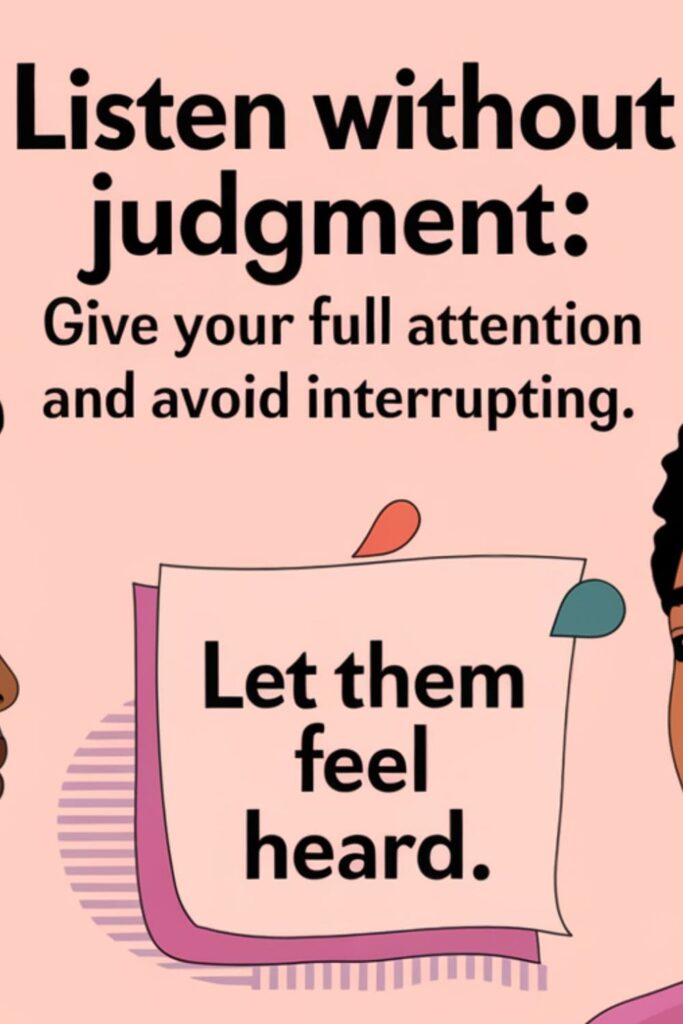
Creating a safe space for your friend to express themselves “freely” is important for building trust and understanding, and remember that when they open up, give them your complete attention without interrupting or immediately jumping to solutions.
Sometimes people just need someone to hear their story without criticism or immediate advice, so put away your “very imoportant” phone, maintain eye contact, and use encouraging phrases like “I hear you” or “Tell me more about that.”
6. Validate Their Feelings

Mental health challenges often come with very intense emotions that can feel confusing or overwhelming to the person experiencing them. Try saying things like “That sounds really difficult” or “It makes sense that you’d feel that way.”
Remember, that validation doesn’t mean you have to agree with everything they say or do (as they can say wrong things too), it’s about acknowledging that their feelings are real and meaningful to them.
Related: 10 Simple Ways to Cultivate Gratitude for a Happier You!
7. Educate Yourself About Their Struggles

Taking time to understand your friend’s specific mental health challenges shows that you care and you also want to be helpful in meaningful ways.
Read reputable sources, follow mental health professionals on social media, or try even attending workshops about mental health support.
Knowing the basics of conditions like depression, anxiety, or whatever your friend is dealing with can help you provide more informed and sensitive support.
8. Learn Crisis Response
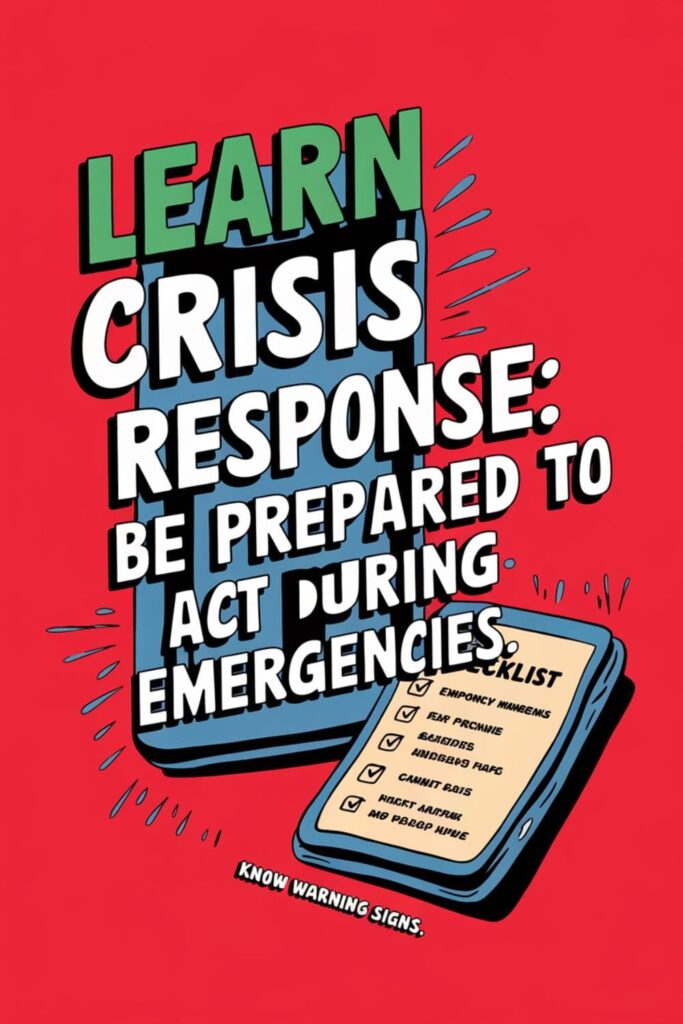
Understanding how to respond in a mental health crisis is obviously important for being a supportive friend. Save emergency numbers, including crisis hotlines, in your phone.
And learn to recognize warning signs of su!cide or self-harm, and don’t be afraid to ask direct questions if you’re concerned. Having that basic action plan can help you stay calm and effective if an emergency arises.
9. Create Accountability Systems
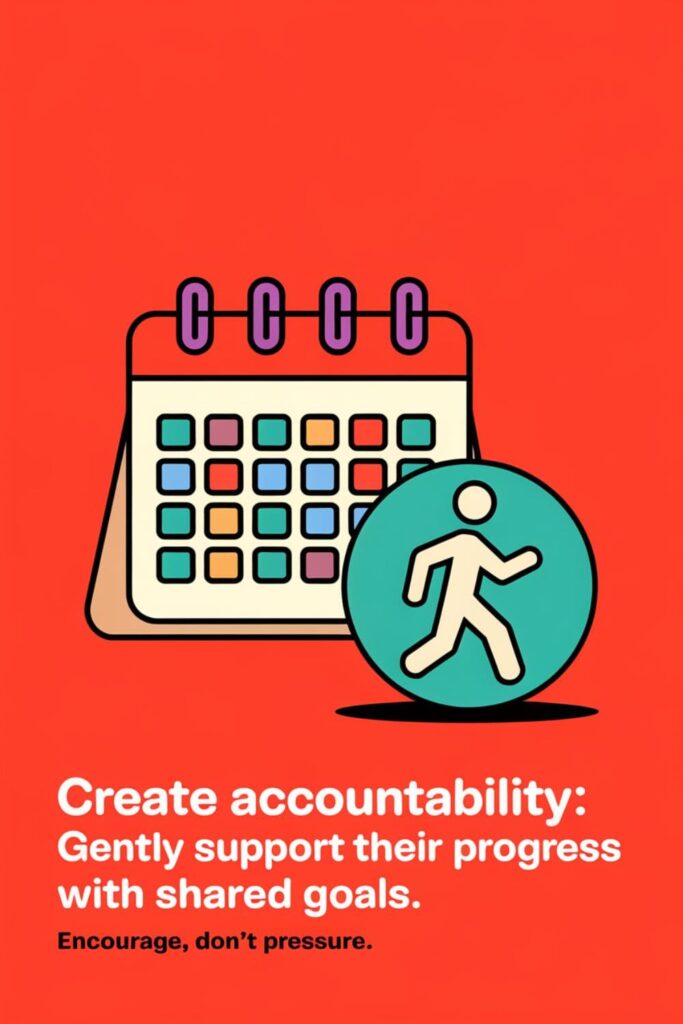
Developing gentle accountability systems can help your friend stay on track with their mental health goals without feeling pressured or judged.
This might involve becoming their walking buddy three times a week, checking in on their medication schedule, or helping them track their mood patterns, etc.
The idea is to maintain a delicate balance between being supportive and allowing them to take ownership of their progress.
10. Navigate Treatment Options
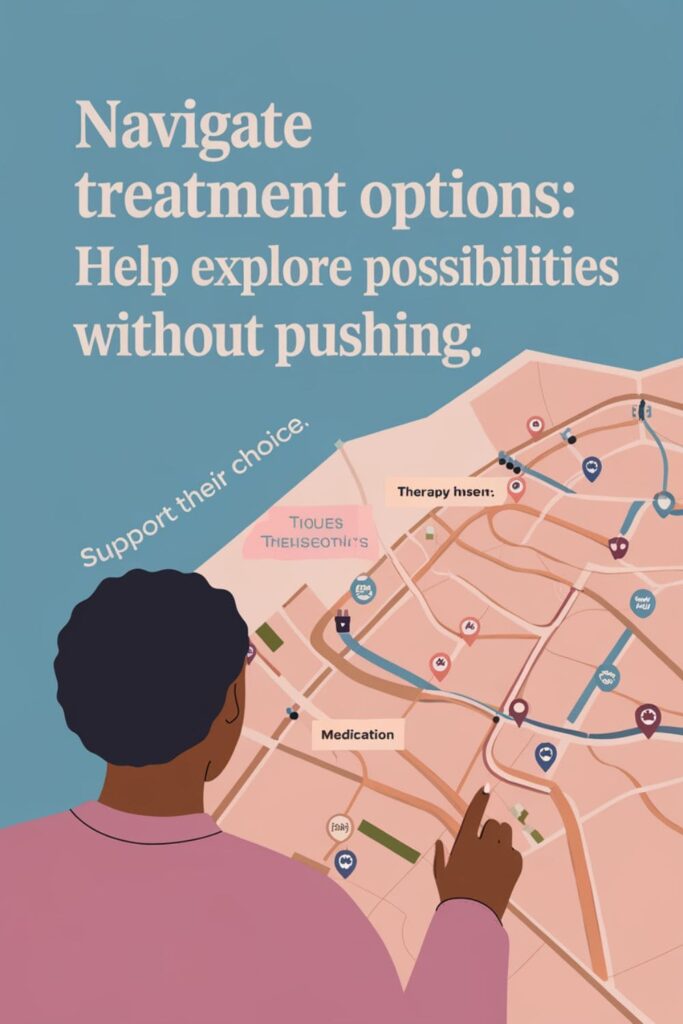
The world of mental health treatment can feel overwhelming with its different therapy approaches, medication options, and alternative treatments. Help your friend research and know about different treatment possibilities without pushing any particular choice.
This might involve helping them prepare questions for healthcare providers, accompanying them to appointments if requested, or simply discussing their thoughts about different options.
Related: 10 Ways Social Media Impacts Your Mental Health!
Conclusion
Supporting a friend through mental health difficulties requires patience, understanding, and commitment, and while it might feel very daunting at times, your presence and support can make a profound difference in their journey toward better mental health.
Keep in mind that, you’re not expected to have all the answers or solve all their problems, and being a consistent, caring presence in someone’s life is the most powerful support you can offer.

Pingback: 10 Common Myths About Mental Health You Need to Know!